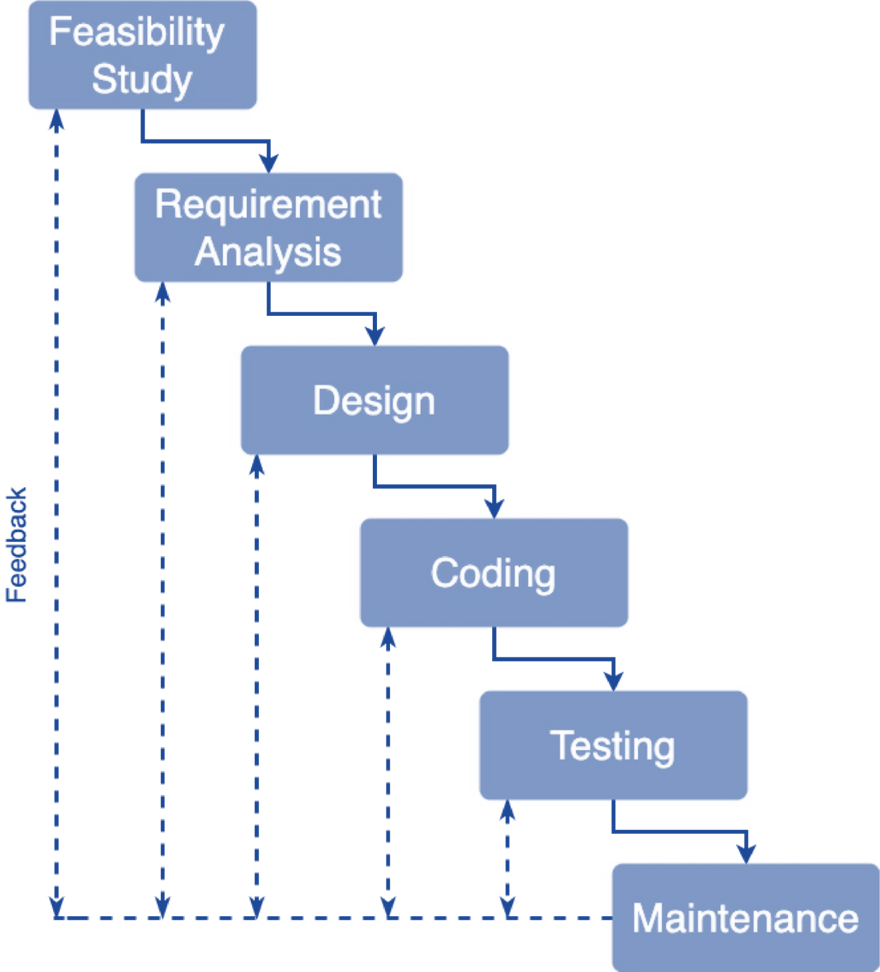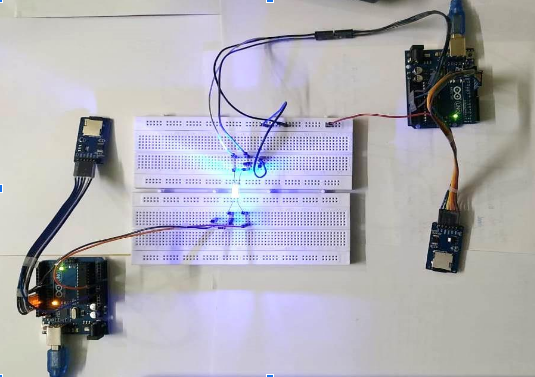LiFi, short for Light Fidelity, is a wireless communication technology that uses visible light, infrared, or ultraviolet spectrum to transmit data. It offers high-speed, bi-directional networked and mobile communication of data using light.
LiFi operates by modulating the intensity of light to transmit data. Light-emitting diodes (LEDs) are typically used as the light source. These LEDs can be switched on and off very rapidly, beyond what the human eye can perceive, to encode data. Specialized receivers (photodiodes) are used to detect this light modulation and convert it back into electrical signals, which are then interpreted as data.
LiFi technology is still in the early stages of adoption but has shown promising developments in various fields. Researchers are exploring methods to improve its range, reliability, and integration with existing communication technologies.
- THE ARDUINO UNO
- RESISTOR (22 ohm)
- SD CARD MODULE
- LED
- LDR: LIGHT DEPENDENT RESISTOR
- JUMPER WIRE
- BREADBOARD
- ARDUINO IDE TOOL
- ARDUINO IDE LIBRARIES (ElapsedMillis Library, SD Library)
- C++
- ITERATIVE WATERFALL MODEL
- Transmitter Block Diagram
- Receiver Block Diagram
- Transmitter End
- Receiver End
- Overview Of The Project
Video Link :- https://www.youtube.com/watch?v=2KlDNONzeZ8





